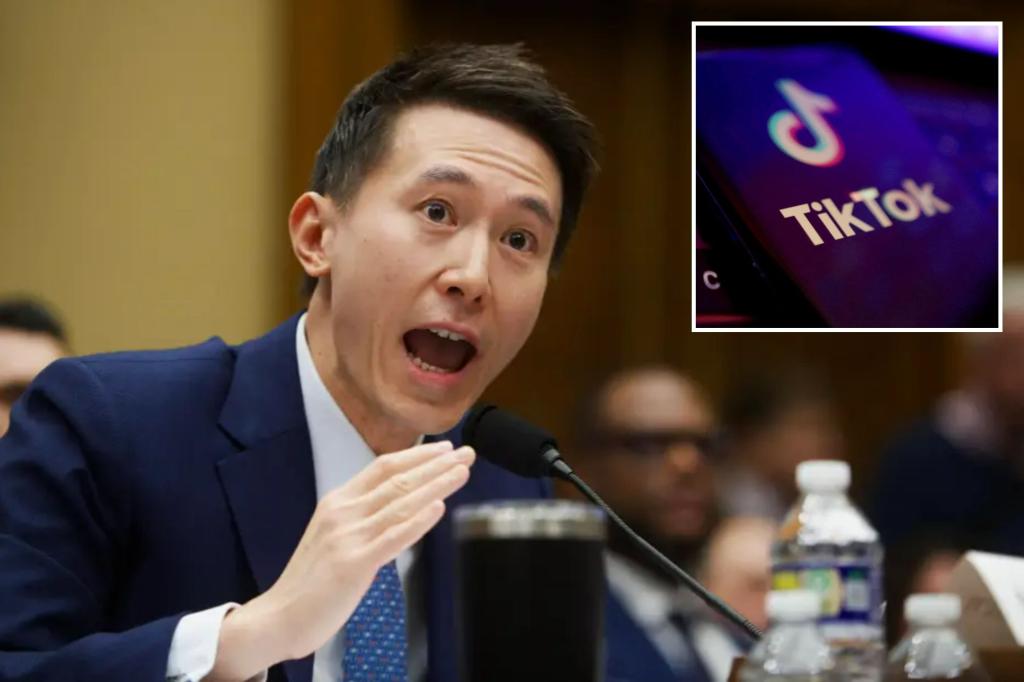The legal battle surrounding TikTok’s future in the United States has intensified, with a federal appeals court denying the popular short-video app’s request to temporarily block a Montana law mandating its divestiture from Chinese parent company ByteDance by January 19, 2024. This decision leaves TikTok with a rapidly narrowing window to appeal to the Supreme Court in a last-ditch effort to prevent a potential nationwide ban. The stakes are high, as TikTok boasts over 170 million monthly users in the US, and a ban would effectively silence a prominent platform for online expression.
The core of the dispute revolves around national security concerns raised by the US government regarding TikTok’s Chinese ownership. The Justice Department argues that ByteDance’s control over the app poses an ongoing threat, potentially enabling access to sensitive user data or manipulation of content. TikTok, however, vehemently denies these allegations, asserting that its US user data is stored on Oracle cloud servers within the country, and content moderation decisions affecting American users are made domestically. The company maintains it operates independently from ByteDance and has implemented robust measures to safeguard user information.
The appeals court’s rejection of TikTok’s emergency motion underscores the legal complexities of the case. The court highlighted the lack of precedent for enjoining a Congressional act after a constitutional challenge has been rejected, effectively closing off one avenue for TikTok to delay the impending ban. This decision places immense pressure on TikTok to swiftly escalate its legal battle to the Supreme Court, where it will need to convincingly argue that the Montana law infringes upon its constitutional rights and presents an unwarranted threat to its operations.
The Montana law, which served as the catalyst for this escalating legal conflict, not only targets TikTok but also grants the US government broad authority to ban other foreign-owned apps deemed to pose similar national security risks. This expansive power has raised concerns about potential overreach and the chilling effect it could have on the digital landscape, potentially hindering innovation and competition. While the immediate focus is on TikTok’s fate, the outcome of this legal battle carries significant implications for the future regulation of foreign-owned technology companies operating within the United States.
TikTok’s argument rests on its contention that it has taken sufficient steps to mitigate any potential security risks associated with its Chinese ownership. The company emphasizes the localization of its data storage and content moderation processes, aiming to demonstrate its commitment to protecting US user information and operating within the bounds of American law. However, the US government remains unconvinced, maintaining that the inherent link to ByteDance presents an unacceptable risk, regardless of the safeguards implemented by TikTok. This fundamental disagreement lies at the heart of the legal battle and will be a central point of contention in any Supreme Court proceedings.
The impending deadline of January 19 looms large, adding urgency to TikTok’s legal maneuvers. The company’s fate hangs in the balance, with a potential nationwide ban threatening to disrupt its operations and silence a significant platform for online expression. The outcome of this legal battle will not only determine the future of TikTok in the US but also set a precedent for how the government addresses national security concerns related to foreign-owned technology companies. The Supreme Court’s decision, if it chooses to hear the case, will have far-reaching consequences for the digital landscape and the balance between national security and freedom of expression.












